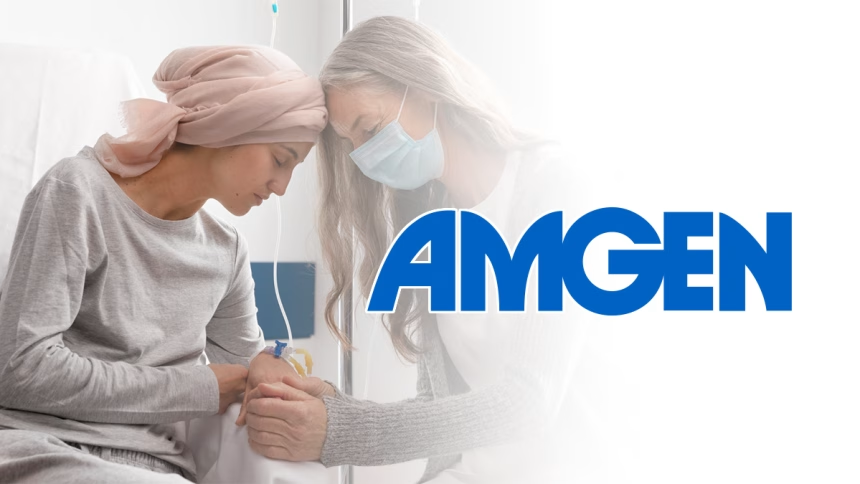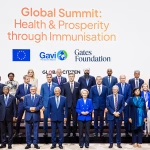Amgen announced the Phase 3 FORTITUDE-101 clinical trial evaluating first-line bemarituzumab plus chemotherapy (mFOLFOX6) met its primary endpoint of overall survival (OS) at a pre-specified interim analysis.
Bemarituzumab plus chemotherapy demonstrated a statistically significant and clinically meaningful improvement in OS as compared to placebo plus chemotherapy in people living with unresectable locally advanced or metastatic gastric or gastroesophageal junction (G/GEJ) cancer with FGFR2b overexpression and who are non-HER2 positive. FGFR2b overexpression was defined as 2+/3+ staining in ≥10% of tumour cells by centrally performed immunohistochemistry (IHC) testing.
Also Read: Can a Blood Test Spot Cancer 3 Years Early? Johns Hopkins Researchers Say Yes
Gastric cancer is the fifth leading cause of cancer-related death worldwide, with nearly one million new cases and over 650,000 deaths globally each year, highlighting a critical unmet medical need.
“Most patients with gastric cancer are diagnosed at an advanced stage, with poor prognosis, low survival rates and limited therapeutic options,” said Jay Bradner, M.D., executive vice president of Research and Development at Amgen. “These first positive top-line results of an FGFR2b targeted monoclonal antibody from our Phase 3 FORTITUDE-101 study mark a meaningful advance in the development of effective targeted therapy for gastric cancer.”
The most common treatment-emergent adverse events (>25%) in patients treated with bemarituzumab plus chemotherapy were reduced visual acuity, punctate keratitis, anaemia, neutropenia, nausea, corneal epithelium defect and dry eye. While ocular events were consistent with the Phase 2 experience and observed in both arms, they occurred with greater frequency and severity in the Phase 3 bemarituzumab arm.
FORTITUDE-101 was conducted with the support of Zai Lab. Zai Lab holds co-development and commercialization rights for bemarituzumab for mainland China, Hong Kong, Macau, and Taiwan.
A Phase 3 study of bemarituzumab plus chemotherapy and nivolumab is also ongoing in patients with first-line gastric cancer, with a data readout anticipated in H2 2025.




















